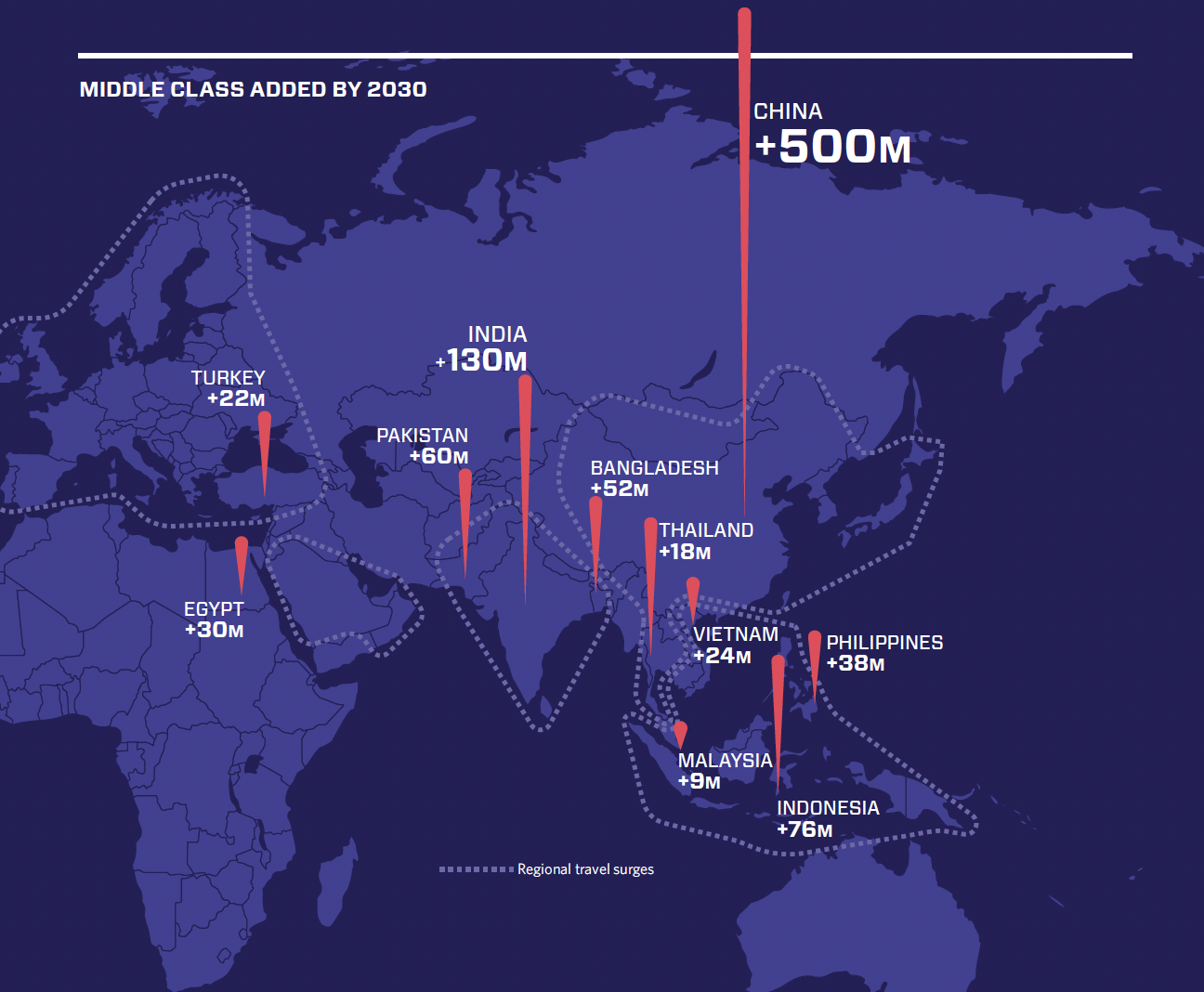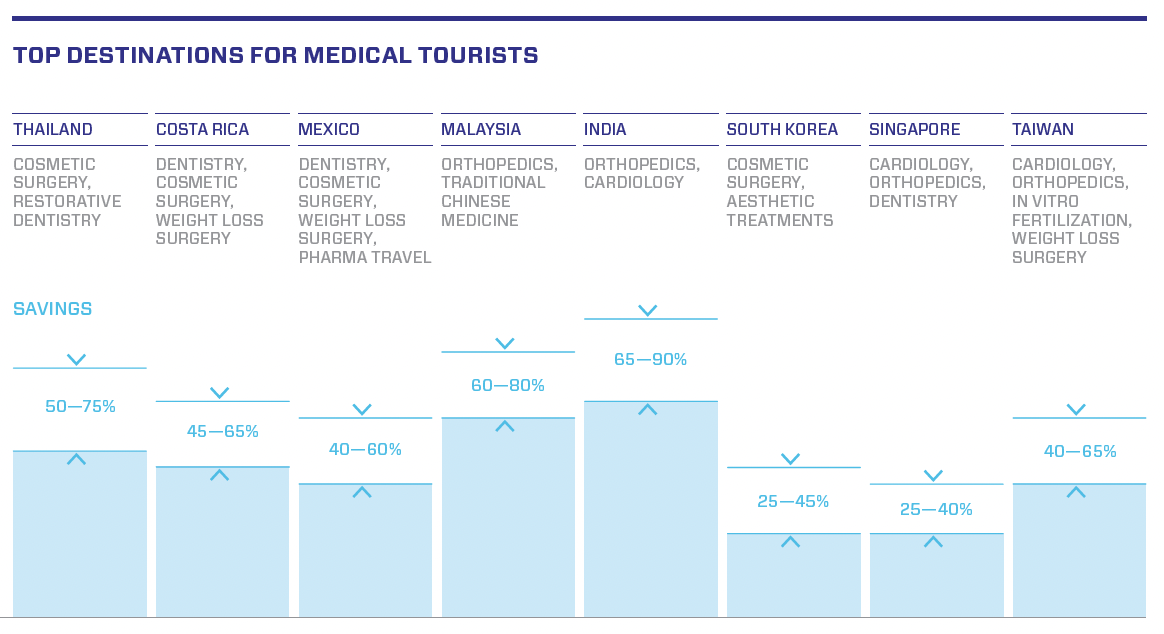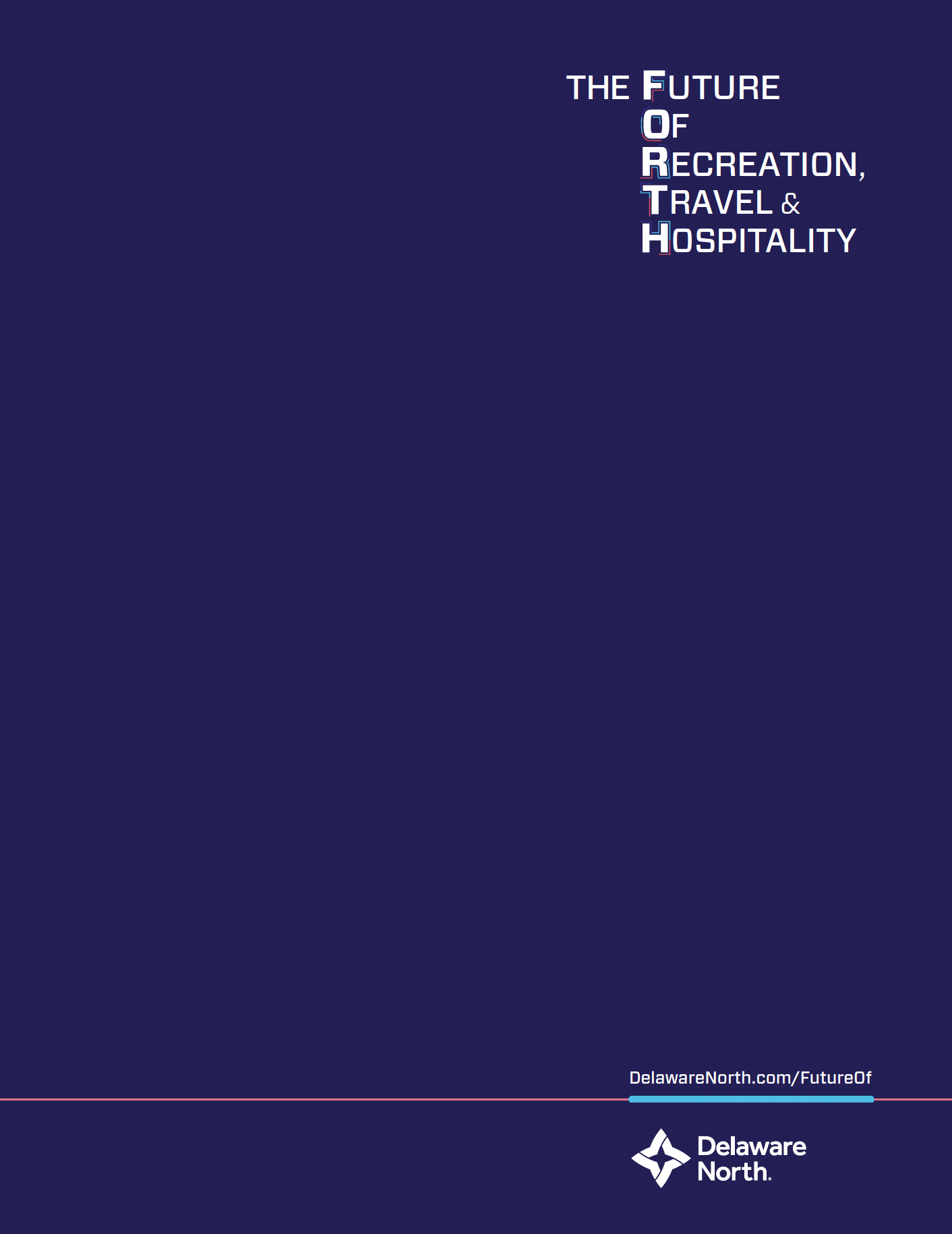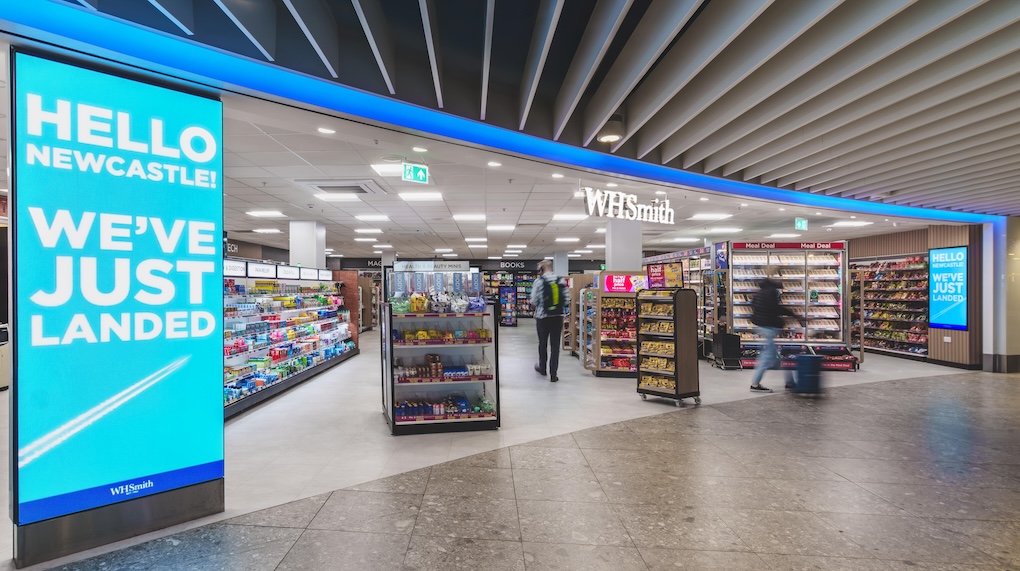USA/INTERNATIONAL. A report commissioned by hospitality company Delaware North reveals how the COVID-19 pandemic has unleashed new technological, business and social forces and explores how emerging technologies might forever alter hospitality and travel businesses.
The research foresees one billion new travellers circulating in the travel market by 2040, presenting a strong platform for the travel hospitality sector.

Delaware North, via its research partner Attention Span Media, commissioned a team of 16 veteran journalists to interview experts across multiple industries to produce the research and content for The Future of Recreation, Travel and Hospitality (FORTH) report.

The report finds that the pandemic has accelerated profound change in how, when and where people work, vacation and enjoy leisure time.
Key predictions from the report include:
A billion new travellers: By 2040, another billion people will be jetting off around the world as countries with young populations – especially in Asia – are poised to mint new legions of urbanised individuals with substantially higher earning power.

Work from anywhere will change the travel industry: The pandemic gave the white-collar workforce a crash course in working away from their offices. This tectonic shift creates massive new opportunities in the travel industry. Freedom to work from anywhere creates freedom elsewhere in people’s lives, including where they live and how much of their time they can spend travelling.
Climate change will alter destinations: Climate change will attract travellers to northern destinations to experience longer tourist seasons. Beach destinations will begin to move northward. For example, the beaches of Maine could host the jet set that traditionally goes to South Beach in Miami.

The sharing economy will dominate travel and leisure: Sharing platforms such as AirBnB will increasingly partner with a network of real estate developers, interior designers, property managers and cleaning services to develop an inventory that more closely mimics traditional lodging options in terms of price point and consistency.
A new style of working: The remarkable rise of the gig economy – using short-term contract and freelance workers as opposed to permanent employees – has pulled workers away from lower-level jobs in the hospitality industry. It is a key reason they are not returning. The most advanced large employers will build their own gig-like apps to maintain an available workforce while providing employees the flexibility they desire.

Blockchain revolutionises airport security: A decade from now, most passports may well be backed not by the full faith and credit of the government, but rather by the blockchain. This readily accessible and ubiquitous digital identity platform will transform the travel experience.

Delaware North CEO Jerry Jacobs Jr. said: “Like many other hospitality, travel and foodservice businesses, Delaware North has had to fight for survival during the pandemic and adapt to daily changes in circumstances.
“As we emerge from the worst of it, we know it is critical to better understand the changes our customers now want and expect. Delaware North has already begun leadership workshops to discuss how the company can use the report’s findings to shape investments and business lines going forward.”
Attention Span Media CEO Josh McHugh said: “While fans have returned to stadiums, diners to restaurants and travellers to destinations, the future of these industries has been fundamentally changed. The pandemic has acted as a catalyst, accelerating many of the changes and advancement in technologies we’ve predicted.”











